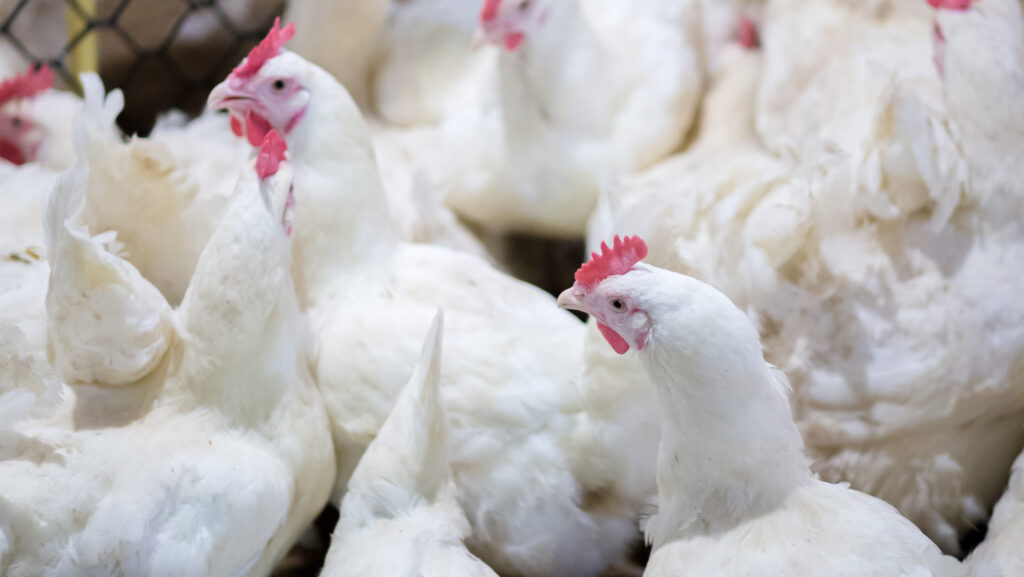Bird gatherings banned as bird flu spreads
 © Adobe Stock
© Adobe Stock Gatherings of poultry have been banned across the whole of England, Wales and Scotland as cases of bird flu continue to rise.
Included in the ban are bird fairs, markets, shows, sales, and exhibitions, affecting ducks, geese, turkeys, chickens, and game birds.
See also: Bird flu prevention zone imposed in England and Scotland
Four new cases of the highly pathogenic H5N1 strain of the virus have been reported in England over the weekend, leading to UK chief veterinary officer Christine Middlemiss increasing the restrictions, which come into force from noon on Monday (10 February).
A 3km protection zone and 10km surveillance zone has been declared around each of the newly identified premises, where all poultry will be culled.
Some 28 cases have been recorded in England so far this bird flu season, with one further case in Scotland.
“As the risk to poultry from avian influenza remains high, it is important that government and bird keepers can work closely together to prevent further cases of the disease,” said Ms Middlemiss.
“All poultry are at risk from the spread of infectious diseases, and I urge bird keepers to be vigilant for signs of infection in their birds.”
Birds infected with the most serious strain of bird flu usually show signs including a swollen head, closed and runny eyes, lethargy, and drooping wings, as well as sudden death.
In addition to the Avian Influenza Prevention Zone (AIPZ) with mandatory biosecurity measures, in force across Great Britain, regional prevention zones with mandatory housing and biosecurity measures also remain active.
These cover East and North Yorkshire, York, part of Shropshire, Kingston upon Hull, Lincolnshire, Norfolk and Suffolk.
For more information you can check the interactive map with APHA.
